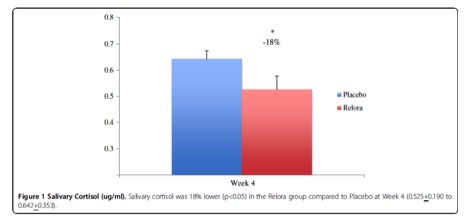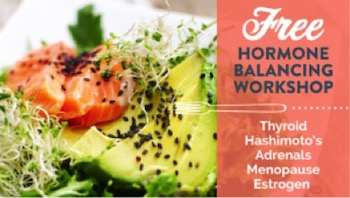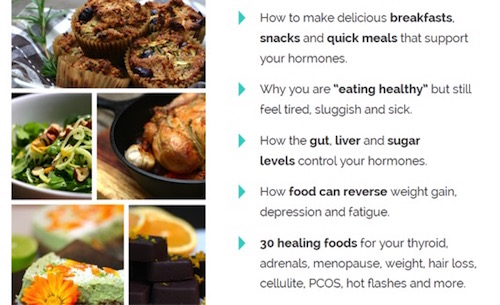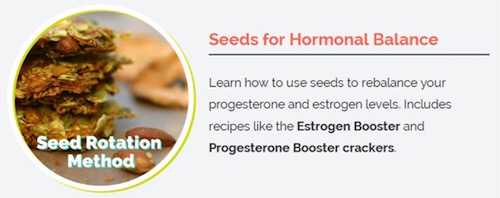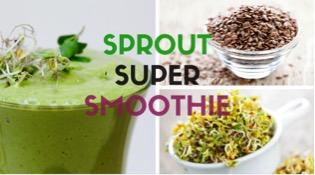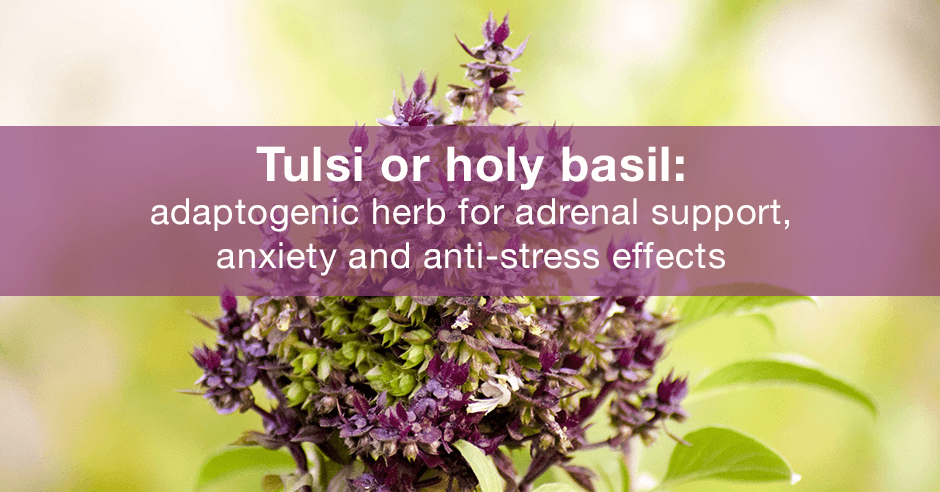
One very effective approach for supporting the adrenals, reducing anxiety and providing general anti-stress support is using a herbal adaptogen. One of my favorite herbal adaptogens and one that I have found to be very effective and well tolerated by my clients is tulsi, also known as holy basil or the “Elixir of Life” in Ayurveda. I also really like rhodiola. ashwagandha and licorice root but we’ll cover these in another blog.
As stated in this 2017 paper, The Clinical Efficacy and Safety of Tulsi in Humans: A Systematic Review of the Literature
Tulsi, also known as holy basil, is indigenous to the Indian continent and highly revered for its medicinal uses within the Ayurvedic and Siddha medical systems. Many in vitro, animal and human studies attest to tulsi having multiple therapeutic actions including adaptogenic, antimicrobial, anti-inflammatory, cardioprotective, and immunomodulatory effects.
The above paper is a review of the literature and the 24 studies that were included, reported favorable therapeutic effects of tulsi for humans and no significant adverse effects. Only one clinical trial reported mild nausea that lasted a short while.
The authors conclude that the outcome of this review
reinforces traditional uses and suggests tulsi is an effective treatment for lifestyle-related chronic diseases including diabetes, metabolic syndrome, and psychological stress.
With regards to psychological stress, three of the clinical studies reviewed
reported significant reduction in anxiety and stress levels with higher doses of tulsi given over a longer time period.
The positive effect of tulsi on mood was demonstrated … with two studies reporting reductions of 31.6%–39% in overall stress-related symptoms in patients with psychosomatic problems compared to a control group.
In two of these stress studies the dosage ranged from 300mg to 400mg 3 x day and was taken either before or after a meal. In one stress study, 3g (3,000mg) twice a day was used. In all the stress/anxiety studies improvements were observed in 4-12 weeks.
The review also looked at studies on metabolic disorders i.e. type 2 diabetes with “measures of blood glucose, lipids, and blood pressure” and studies on immunity, all showing benefits. In one of the immunity studies, the participants were given 10g (10,000mg) /day for viral hepatitis and symptoms all improved within 2 weeks. I’m sharing this so you can see that the dosage varies depending on the condition and severity of symptoms.
Adrenal support, anxiety, depression and radiation-protection
Here are some additional animal studies that support the use of holy basil or tulsi for adrenal support, for easing anxiety and even depression, and for the anti-stress effect it offers:
found to be effective in the management of stress effects, and anti-stress activity could be due to inhibition of cortisol release
With all the WiFi we are exposed to and the fact that research is now showing that EMFs (electromagnetic frequencies) are likely playing a role in anxiety, depression and ADHD, I’m really pleased to see there are also some animal studies on tulsi being protective against radiation.
Consuming tulsi tea on a daily basis
The review paper above mentions
the Ayurvedic tradition of consuming tulsi on a daily basis
and an easy and delicious way to do this is to drink it as a herbal tea.
Next time you’re ordering your amino acids and pyroluria supplements from my online store with Fullscript, be sure to add a few boxes of Organic India tulsi tea to your shopping cart. This way you can enjoy the healing and anti-stress benefits of tulsi together with the many other herbs included in their teas.
The Lemon Ginger Tulsi has been a long-time favorite of mine and is wonderful when flying to counter motion sickness. Based on the radiation research I uncovered when writing this blog. I’m thrilled I’ll be getting those benefits when flying too. I also enjoy the Peppermint Tulsi early in the day and have recently found a new favorite, the Tumeric Ginger Tulsi (not pictured below). Just so you know, you can also find the herbal teas in most health shops and natural food markets.

The adaptogenic Tulsi-Holy Basil product
Organic India also carries the wonderful adaptogenic Tulsi-Holy Basil product which is taken as a supplement. This is an option if you’re not a herbal tea drinker and/or you need some additional support.
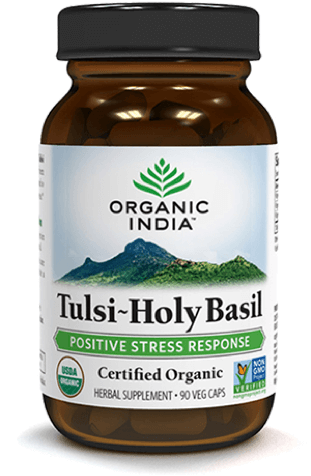
If you’re interested in purchasing the tea or Tulsi-Holy Basil product, you can go to my online store with Fullscript, and simply search for “tulsi”.
How do I use tulsi with my anxious clients?
Where does recommending the tulsi herbal teas and/or the Tulsi-Holy Basil supplements fit in with the dietary and nutritional protocols of my anxious clients?
- If you have stress in your life (and who doesn’t?!), drinking the tulsi herbal tea on a daily basis is beneficial. You can mix-and-match with other naturally caffeine-free and healing herbal teas such as rooibos
- If you have done adrenal testing and cortisol results are outside of the reference ranges (either high or low) drink the herbal tea and use an adaptogenic herbal supplement such as tulsi (or rhodiola, licorice or ashwagandha), together with a B-Complex, extra vitamin C and extra pantothenic acid
- Assess for low serotonin and low GABA anxiety with the questionnaire and do trials of amino acids for the low GABA physical anxiety and/or tryptophan for the worry-in-the-head anxiety
- If you are tapering from a benzodiazepine and are not able to initially tolerate high doses of GABA, tulsi is often gentle enough to provide some additional healing support. Research shows the immune modulating effects of tulsi may be mediated by GABAergic pathways).
- Make all the dietary changes and address gut health, blood sugar control, low levels of various nutrients like low zinc, reduce stress etc.
Organic India’s ethic and mission
I really love that Organic India works “with thousands of small family farmers in India to cultivate tens of thousands of acres of sustainable organic farmland”, the fact that their “farmers and tribal wildcrafters are educated in organic and regenerative agricultural practices”, and that they have global wellness as part of their bigger mission.
I would like to disclose that Organic India has sponsored me on a number of occasions, providing samples of herbal tea for me to share at conferences such as IMMH. I’ve blogged about this in the past thanking Organic India and other companies.
I do also want to mention that the review paper discloses that one of the authors, Professor Marc M. Cohen, “receives remuneration as a consultant and advisor to Organic India Pty. Ltd., which is a company that manufactures and distributes tulsi products. This article is the independent work of the authors and Organic India did not have input into the article’s content or the decision to publish it.” I appreciate this disclosure.
Do you drink tulsi tea on a regular basis and have you seen the anti-stress and calming benefits? If you drink Organic India tea, which one is your favorite one?
Have you used tulsi or holy basil in supplement form as an adaptogenic herb and what benefits have you observed? Have you used it while tapering from a benzodiazepine?
If you’re a practitioner do you use tulsi with clients/patients or recommend tulsi tea?
Feel free to post questions here too.

